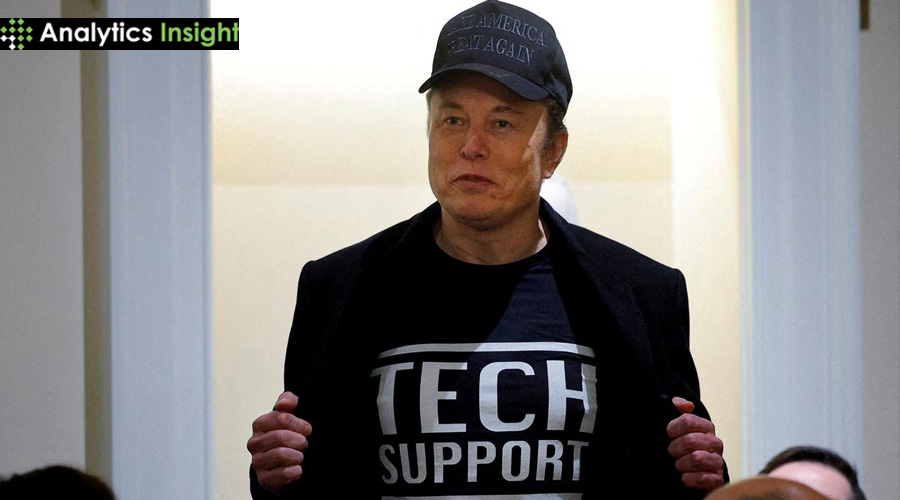

In a recent ruling, the United States federal court judge rejected Elon Musk's order to issue an injunction to prevent OpenAI from transforming into a commercial entity. U.S. District Court Judge Yvonne Gonzalez Rogers announced that Musk did not produce sufficient evidence to support his claim in this case. Therefore, OpenAI will continue with the plan as other investors and partners want to move forward regardless of Musk’s views.
Although Judge Rogers dismissed Musk’s request, he was concerned about the impact of the company's structure change. Specifically, the judge stated that if public funds are used to achieve the transition, the nonprofit will suffer irreparable harm when it becomes a for-profit company. Therefore, the court should open an accelerated hearing addressing OpenAI's plan.
This is another milestone in Musk’s ongoing legal saga involving OpenAI, which the millionaire launched in 2015. Musk had long accused OpenAI of shifting from its initially stated goal of becoming a public benefit corporation that works for the benefit of mankind.
Musk took a big step when he initiated a voluntary acquisition bid worth $97.4 billion to buy OpenAI. The OpenAI board members rejected Musk's offer as they believed his purchase would compromise the company's operational freedom and basic purpose. The rejection from OpenAI shows a growing dispute between Elon Musk and the company's current executive team.
Musk's attempted acquisition forms part of his extensive plan to dominate the fast-moving AI development field. The rejection from OpenAI executives has deepened the public feud between Sam Altman and Elon Musk. As this dispute continues, it presents potential effects that will influence how AI moves forward.
Despite the court's previous decision, OpenAI faces an uncertain future while adapting to a traditional organizational structure. As it adjusts its operations, OpenAI’s management team faces ongoing threats from Musk’s legal challenges. The company will also face increased examination of its democratic AI mission during ongoing legal proceedings.
OpenAI can implement its transition to become a profit-driven organization while facing an expedited court trial that signals ongoing disputes about its corporate direction. Various legal sector experts and industry insiders closely monitor the case for which the ultimate resolution may reshape elements within the technology industry.
